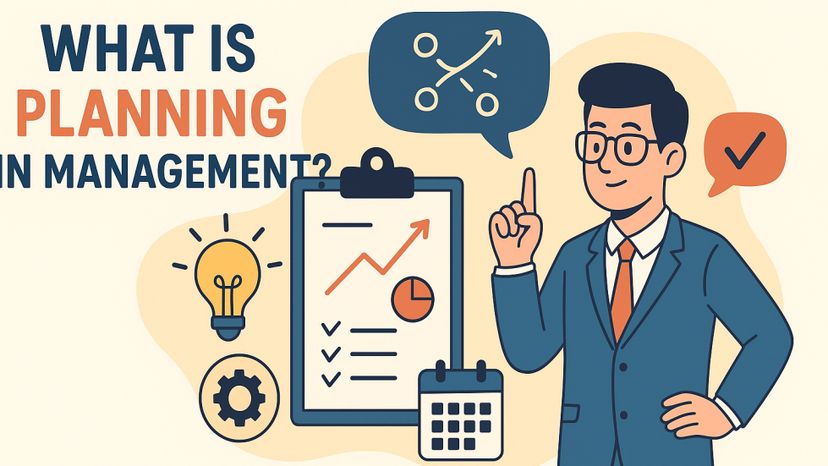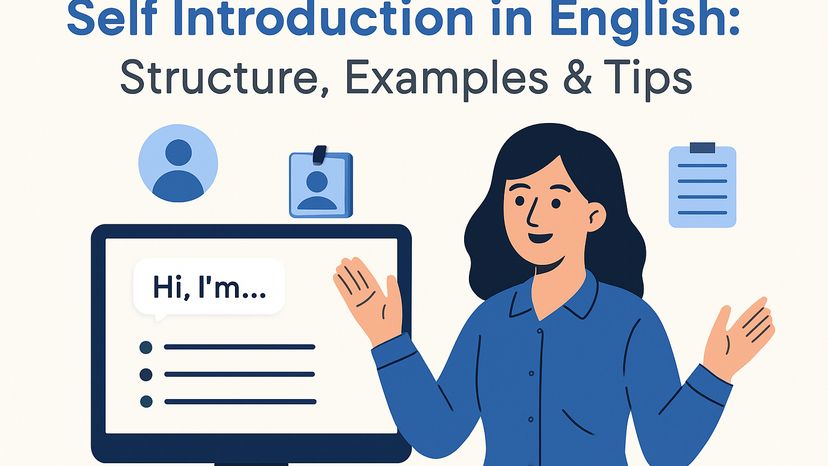Being a therapist in India isn’t a matter of acquiring degrees only. It's about charting a course that involves degrees, passion, compassion, and a true desire to stand by others’ mental health. As awareness of mental health issues rises, the need for trained professionals to help guide people through their emotional journeys is expanding. Whether you’re a student trying to figure out career options or in the middle of a job, therapy provides an incredibly fulfilling place to be.
This guide will tell you how to become a therapist in India, the skills required, the education path and finally, how to start your career. We’ll also take a look at how you can make a name for yourself as a professional in this industry and continue to do so, with the right help, advice, and support. Let’s get started with everything you need to know about transforming your passion for mental wellness into a full-time, rewarding profession.
In the end, it’s more than a profession, it’s a calling. An opportunity to listen, to heal, to make a difference. This is your guide to the beginning of that journey.
Step 1: Know the Responsibilities of a Therapist
Aspirants thinking about how to become a therapist in India or how to become a counselor should first understand the definition of a therapist. Therapists help people manage and overcome emotional, psychological and behavioral issues. They practice in clinics, hospitals, schools, private institutions, and even online.
These are the different types of therapists:
- Psychologists
- School counselors
- Marriage and family therapists
- Career counselors
- Psychotherapists
Using methods such as talk therapy, CBT, psychodynamic therapy and others, therapists strive and work towards helping their clients.
If you are still skeptical and thinking that this is the right option, you can take a psychometric test online to evaluate your interests and skills.
Step 2 - Education and Qualification Prerequisites
A frequently asked question is: how to be a therapist? This is the step-by-step guide to a typical journey.
Guided Learning:
- Bachelor's (3 years): Commence with either a B.A or B.Sc in Psychology. This provides insight into the mental processes of individuals, sharpening your analytical thinking.
- Master's (2 years): A postgraduate degree in Psychology, Counseling, or Clinical Psychology is usually mandatory. This is a necessity for all intending to pursue a proper therapist degree.
- Specialization in Therapy Certifications or Diplomas: Postgraduate, think of enrolling for therapy courses in India like Cognitive Behavioral Therapy, Expressive Arts Therapy, or REBT.
- Supervised Internship or Practice: An aspiring therapist must gain practical experience under a professional.
If searching for reputable learning programs, consider modern and industry-focused therapist courses by Infigon Futures.
Step 3: Choosing the Right Specialization
Different therapists receive different types of training. Which area seems most appealing to you?
Common paths:
- Therapist for children and adolescents
- Therapist for Trauma
- Addiction therapist
- Relationship counselor
- Vocational guidance counselor
Knowing your abilities and areas of interest is critical. This blog on choosing the right profession will help you know how to evaluate what is right for you.
Step 4: Obtain Certification and Gain Experience
Even though there is currently no unified licensing system for therapists in India, certification from reputable organizations enhances your profile. Some universities and private colleges offer partnered programs that sponsor certification which assists in boosting your profile.
- To further develop your therapist career, think about:
- Volunteering for NGOs or supporting groups
- Working as an intern for practicing therapists
- Participating in workshops or online seminars
- Signing up with Infigon Counsellors to get exposure
Such practical experience complements theoretical education equally.
Step 5: Getting Hired or Opening Your Practice
After you’re trained and have some experience, you can do one of either:
- Participate at hospitals or in mental health centers
- Counsel students in schools and colleges.
- Get on online therapy apps
- Start your private practice
Being a therapist these days is not just in a clinic. Many are operating remotely and reaching clients across the country. The article about career counseling as a business in India is a good read if you are thinking with a long-term perspective and like to build a career or business in this space.
Step 6: Keep Up and Keep Learning
Completing your therapist degree is a massive achievement, and it shouldn't stop there. Mental health practices are always changing, and staying current is key for anyone who is committed to a long-term therapist career.
There are plenty of easy and effective ways to keep learning:
- Take Courses in Other Therapy Practices - Many shorter versions of therapy courses in India focus on new techniques, how to communicate with your clients and mental health tools. And it doesn't matter if you're focused on cognitive therapies, mindfulness therapies, etc. New courses will allow you to stay sharp and up-to-date.
- Connect with Peers and communities- Communicating with other practitioners allows you to stay grounded. You will likely learn about others' cases, areas for improvement within yourself, and more possibilities to consider. Group therapy, digital forums, and peer supervision are great mechanisms for staying grounded and connected.
- Stay aware of workshops and events- Stay aware of webinars, training experiences, and mental health conferences. Events like these often share modern approaches and deeper awareness of client care. They are a great opportunity for you to build your skills; focus on only learning how to practice therapy, as well as a chance to develop further.
- Keep Learning Through Blogs and Articles- Reading expert blogs (and the learnings from real life) encourages you to think differently and reflect on your practice. A good example of a blog to follow is Infigon’s blog page, which consistently adds new ideas, learning information and news in the mental health agreement space.
What makes a good therapist great is keeping updated. It's not just your responsibility to your clients, but your responsibility to yourself.
Frequently Asked Questions
Q1.What’s the difference between a therapist and a psychotherapist?
Ans. A psychologist is a type of therapist with more specialized training in long-term psychological therapy. Usually, you would seek graduate degrees and education to learn how to become a psychotherapist. Usually including extensive clinical experience and psychological theory, a psychotherapist degree also
Q2.Can therapy be a long-term career?
Ans. Therapy could be a lifetime job. A therapist's job offers both emotional fulfillment and professional development as awareness and demand grow. And as Infigon and other platforms back you, the trip becomes less difficult.
Q3.How does one become a therapist in India?
Ans. Step 1: To become a therapist in India is to pursue a bachelor's degree in Psychology. This sets the groundwork for your professional path and future academics.
Q4.Is a Master's needed to become a therapist?
Ans. Becoming a therapist calls for a master's degree; most positions need one in Clinical Psychology, Counseling, or Applied Psychology for you to be considered for professional chances.
Q5.Is therapy and counseling the same?
Ans. Counseling is not precisely therapy. Often short-term, counseling targets particular problems. Therapy addresses more profound emotional issues and has a wider scope. Still, the two sometimes overlap.











